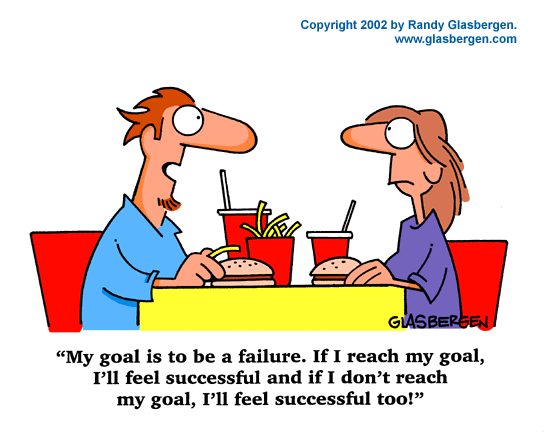 On May 6, 1954, middle-distance athlete Roger Bannister ran the first sub-four-minute mile in recorded history. The 25-year-old native of Harrow on the Hill, England, completed the distance in 3:59.4 at Oxford. At the end of the year, Bannister retired from running to pursue his medical studies. He later became a neurologist.
On May 6, 1954, middle-distance athlete Roger Bannister ran the first sub-four-minute mile in recorded history. The 25-year-old native of Harrow on the Hill, England, completed the distance in 3:59.4 at Oxford. At the end of the year, Bannister retired from running to pursue his medical studies. He later became a neurologist.
For hundreds of years, running a sub-four-minute mile was thought to be humanly impossible. Many predicted it would never happen. Then Bannister did it, breaking the previous record by 6/10th of a second.
Interestingly, within one year of Bannister breaking the record, 37 other runners ran the mile in under four minutes. The next year, 300 runners did the same. Today, high school athletes do it regularly. Once the mythical barrier was punctured it ceased to be an impregnable obstacle.
In 1999, Moroccan athlete Hicham El Guerrouj set a new world record for the mile – 3:43.13 minutes – an incredible 16 seconds faster than the “impossible mark.”
We are often limited and constrained by artificial boundaries. Conventional wisdom tells us that something can’t be done, and we acquiesce to the suggestion, considering it to be fact.
In my opening illustration I gave a larger-than-life example—breaking a world record—but let’s make this more accessible.
- Personally – have you been inhibited by the artificial boundaries set by your upbringing, environment, or friends? I grew up in a low socio-economical culture; it took years for me to think outside that box.
- Professionally – are you in a small box with a low ceiling? Rethink your career aspirations. Years ago, my daughter was in a dead-end job in Dallas so, in a bold and audacious move, she moved to New York City, enrolled in a master’s program at Columbia, and got a job at American Express.
- Organizationally – does your group ever challenge the status quo? When was the last time you challenged your team to excel?
Using these three categories, list three areas of your life in which you might suffer under the yoke of “it’s never been done before” or “only exceptional people can do that.” And then dream about how to make progress in each area. You might not get into the Guinness Book of World Records, but you’ll exceed your current level.
Here’s a video of Guerrouj setting a new record in the mile-run.
[reminder]What are your thoughts about this essay?[/reminder]
[callout]I’m hosting a trip to Peru, May 6-15, 2020. It will be limited to 50 travelers. Here’s the brochure. On Saturday, May 18, 2019 from 4:00-5:00, I’m hosting a free information meeting for anyone who wants more details about the trip. It will be held in the DFW metroplex and broadcast live on Facebook for those who live elsewhere. If you want to attend, email me at djmcminn@msn.com or respond to this blot post. [/callout]

Don, I find it interesting that you told about Roger Bannister being the first to run a mile under four minutes. Ever since I read Laura Hillenbrand’s marvelously written story about Louis Zamperini I couldn’t help but wonder if he wouldn’t have been the first to run the mile under four minutes. Louie as he was affectionately known was an accomplished runner who competed in the 1936 Olympics in Berlin and whose career was interrupted by WWII. He put up some amazing numbers as a runner.
I think it was Bannister who broke the record but I’ll double check.